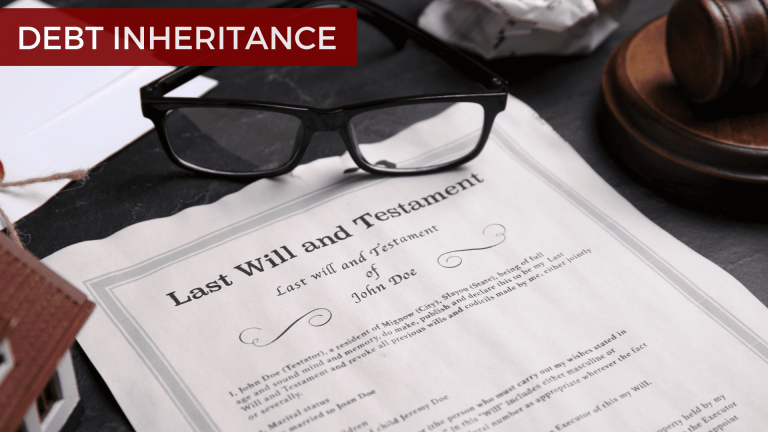By Margaret H. Johnson
A friend of mine just told me a horrifying story. His daughter has been on a disability pension for less than a year and she’s already been cut off once for missing an appointment with a doctor because she could not arrange for babysitting for her two young children, both under the age of 5.
Keep in mind the grueling process to get accepted onto a disability pension – numerous doctor appointments, phone calls, the paperwork and then being turned down even when her application was fully supported by all of her doctors. At this stage there was no income which simply intensified her fear about how to feed her children and what would happen if she couldn’t pay the rent. This certainly didn’t help her medical condition as she had been diagnosed with clinical depression.
Subsequently, she attends regular appointments with a psychiatrist. This has resulted in prescribed medications which, in the beginning, including medicine specifically manufactured for depression. Somewhere along the line the doctor changed the prescription and deleted the depression medicine and added anxiety medicine. What then happened was this. His daughter experienced constant fatigue and felt medicated as if tranquilized. Then she began to feel nauseous. So, she went back to the psychiatrist on Wednesday who seemed to be offended by her query about removing the depression-related medicine and giving her a prescription that made her feel sick. So, without any discussion about the logistics of finding babysitters or having the money to pay for them, the doctor instructed her to go into the hospital on Friday (2 days later) overnight for observation.
When my friend heard this he couldn’t believe it. What is his daughter supposed to do with her two kids? Isn’t this just a bit overkill with someone with clinical depression who may simply need the right medication? he thought.
He told his daughter to go back to her family doctor and request a second opinion regarding the medicines and the trip to the hospital. This is where everything broke down. She cried, “But they might stop the pension like they did before because I didn’t follow the doctor’s advice or attend the appointment.”
My friend sighed and thought that fear is a terrible thing when you’re sick, especially the fear of the doctor – and then the insurance provider with having your income cut off if you didn’t follow their every command – no matter how legitimate the difficulties with compliance.
There is something wrong with this picture. To begin with, in Canada we believe that a person is innocent until proven guilty, not the other way around. Secondly, are not doctors supposed to be sensitive to their patients’ condition – physical, mental and financial? Should you not talk to the patient first about more than just one option – like going to the hospital? Especially when there are young children fully dependent upon their mother?
***
All of the pensioners with the city of Detroit are experiencing a different kind of pension fears with their previous employer’s bankruptcy. What will happen to their pensions now? This is a very good question. It raises a very good question for everyone – it is very important that governments at all levels — municipal, provincial and federal — manage the public money properly because a bankruptcy would be catastrophic. As we learned in 2007-08, pension funds were serious casualties of the credit crunch. Some estimate that the credit crunch of 2007-08 cost pension funds $5 trillion. $3 trillion was lost in the US alone due to the credit crisis, according to the US Congressional Budget Office. In Canada, more than $100 billion in equity value disappeared in less than 6 weeks. Pension plan funding ratios of assets-to-liabilities dropped to a record 72 per cent.
Gwyn Morgan in the Globe and Mail, July 11, 2011 reaffirmed public anxiety over pensions. He cited the C.D. Howe Institute’s warning that the unfunded pension liability for federal workers was some $65-billion higher than noted in the public accounts. He referred to an earlier report in The Economist revealing that the United States had a combined unfunded pension deficit of some $5-trillion (U.S.) and many European Union countries also faced debilitating pension liabilities.
Perhaps we all should keep our eyes on what governments are spending the money on and how much it costs, like the Senate and aircraft for the air force, and make sure that nothing ever happens to our pensions.
